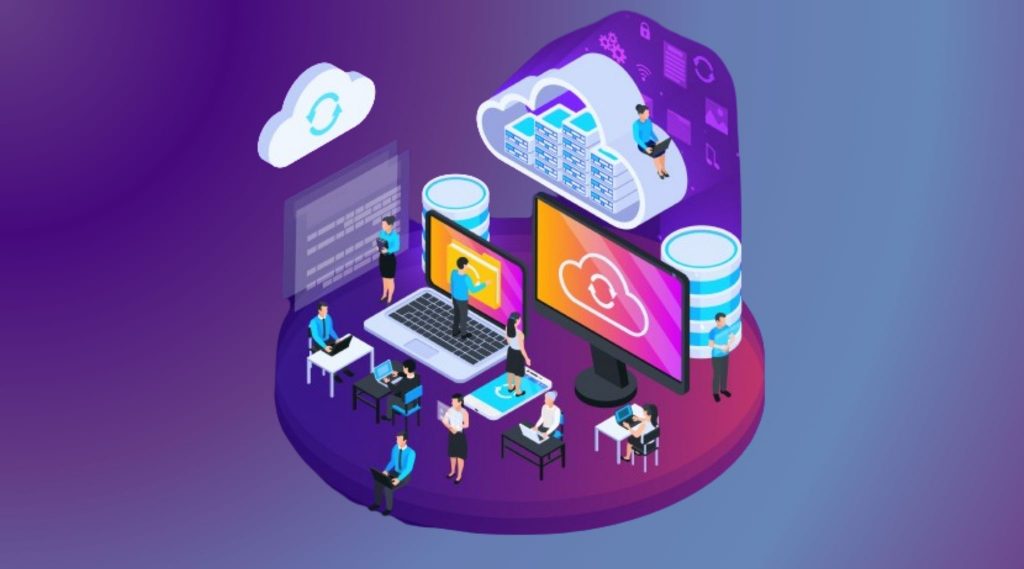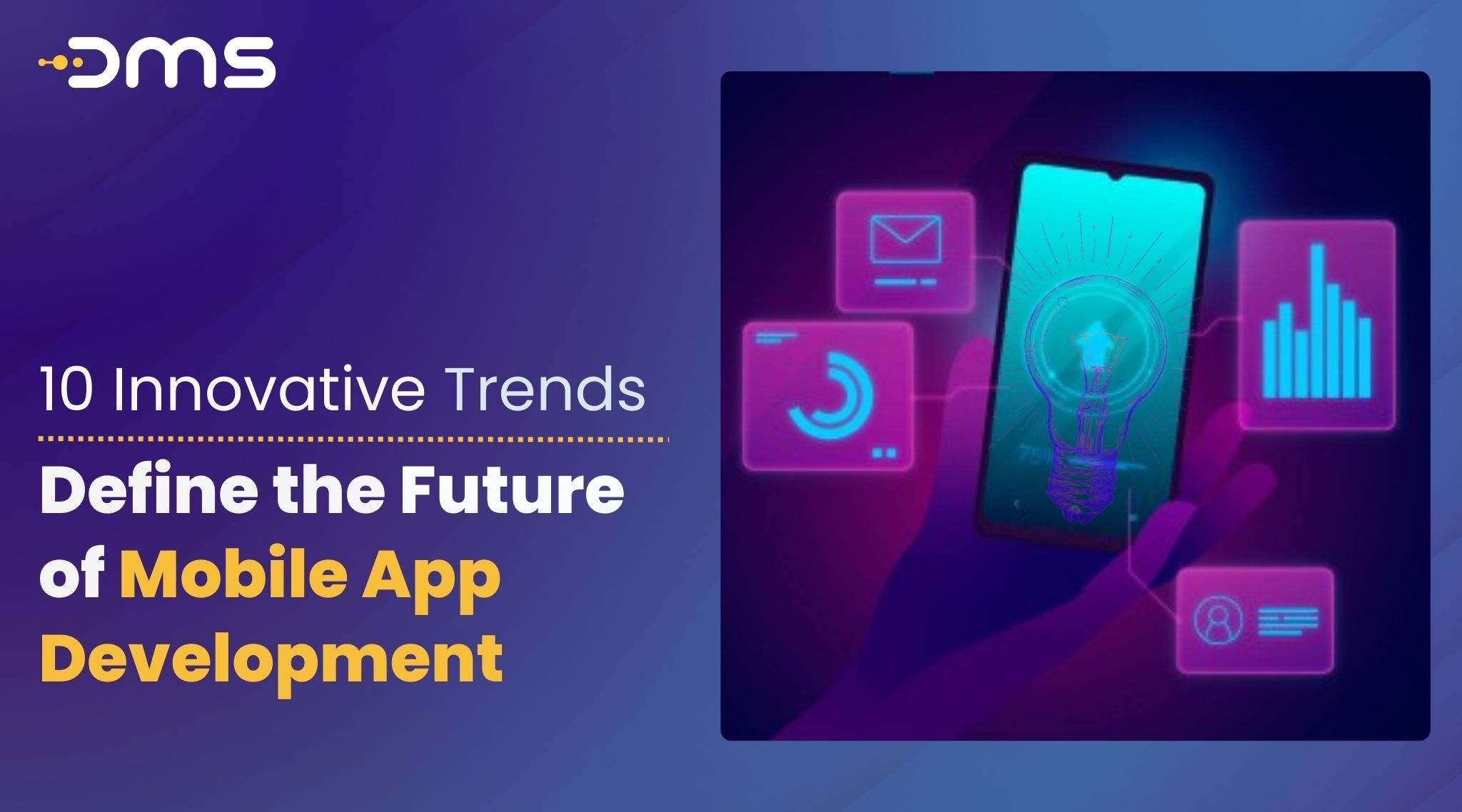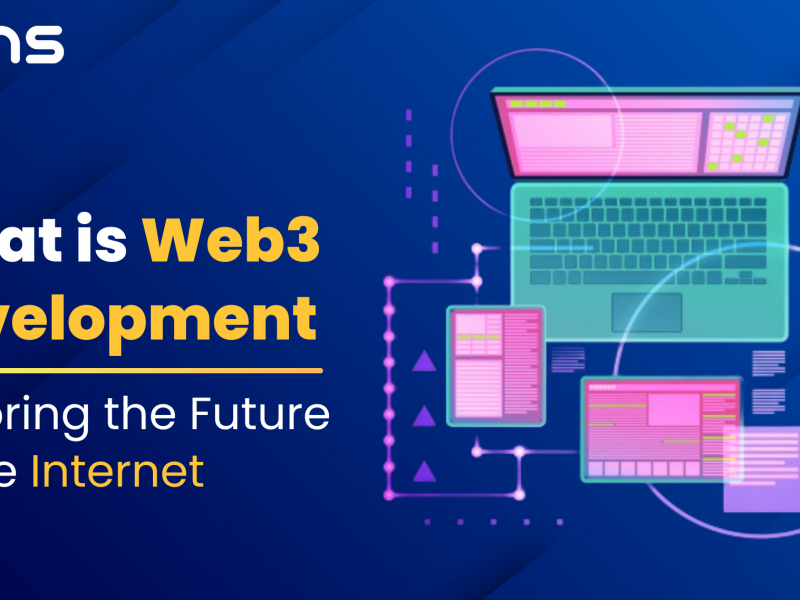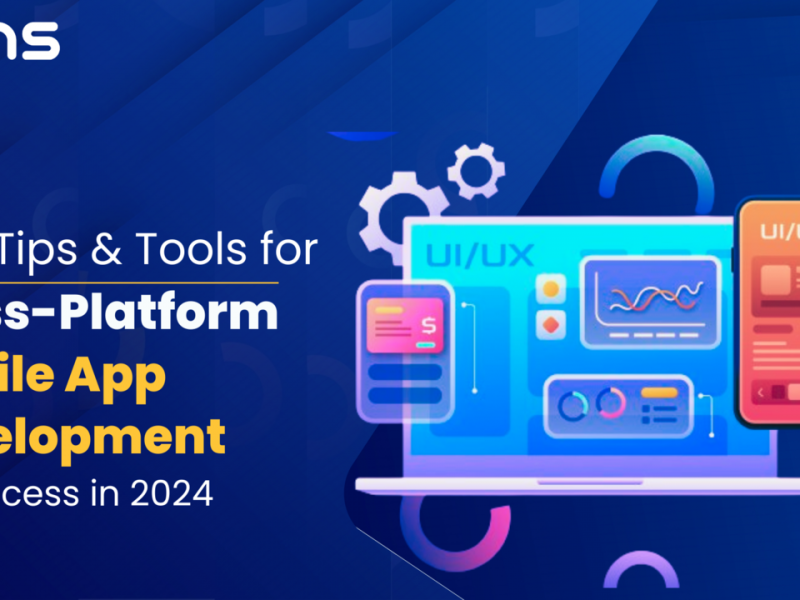The field of developing mobile apps is always changing due to both shifting customer preferences and technological breakthroughs. In this era of rapid innovation, it’s crucial for developers and businesses to stay ahead of the curve by embracing emerging trends.
From artificial intelligence to blockchain technology, the landscape of annual mobile revenue generated by MiHoYo worldwide from 2015 to YTD 2024 is being reshaped by a myriad of innovative trends. In this comprehensive guide, we will explore ten such trends that are poised to redefine the future of mobile app development.
What are the Fundamental Aspects of Mobile app Development?
Before delving into the innovative trends shaping the future of mobile app development, let’s first establish a foundational understanding of the process itself. The practice of developing software applications, particularly for usage on portable devices like phones and tablets is referred to as mobile app development.
There are several processes involved in this process, such as ideation, design, development, testing, and deployment. With the proliferation of mobile devices and the increasing reliance on apps for everyday tasks, mobile app development has become a cornerstone of modern technology.
Current State of Mobile App Development

Before we explore the future, let’s take a moment to examine the present state of mobile app development. As of now, several trends dominate the industry, shaping the way apps are designed and deployed. These include the rise of cloud-based apps, the adoption of responsive design principles, the popularity of subscription-based models, and the emphasis on user-centric design.
Additionally, the growing demand for privacy and security has led to stricter regulations and heightened scrutiny of data handling practices. Understanding these current trends provides valuable context for evaluating the innovative trends poised to redefine the future of mobile app development.
10 Innovative Trends in Mobile App Development
1. AI and Machine Learning Integration
Artificial intelligence (AI) and machine learning (ML) are revolutionising the way mobile apps operate, enabling them to learn from user interactions and personalise experiences. From predictive analytics to natural language processing, AI-powered features are enhancing app functionality and driving user engagement.
2. Internet of Things (IoT) Integration
The Internet of Things (IoT) is connecting everyday objects to the internet, enabling seamless communication and automation. Mobile apps are increasingly incorporating IoT integration to control smart devices, monitor environmental data, and streamline processes.
3.Virtual Reality (VR) and Augmented Reality Experiences
The boundaries between the actual and digital worlds are becoming more hazy due to the advent of AR or VR, technology. Mobile apps are leveraging AR and VR to create immersive experiences for gaming, education, training, and more.
4. Progressive Web Apps (PWAs)
Progressive web apps (PWAs) combine the best of web and mobile experiences, offering fast performance, offline capabilities, and seamless installation. As an alternative to traditional native apps, PWAs are gaining traction among developers and users alike.
5. Blockchain Technology in App Development
Blockchain technology is revolutionising industries ranging from finance to healthcare, and mobile app development is no exception. By providing secure, transparent, and decentralised solutions, blockchain is enabling new forms of peer-to-peer interaction and digital asset management.
6. Chatbots and Conversational Interfaces
Chatbots and conversational interfaces are transforming the way users interact with mobile apps, offering personalised assistance and real-time support. Whether it’s customer service, shopping, or productivity, chatbots are becoming integral components of app experiences.
7. Edge Computing for Mobile Apps
Edge computing brings data processing closer to the source of data generation, reducing latency and improving responsiveness. Mobile apps are leveraging edge computing to deliver faster, more efficient experiences, particularly in areas with limited network connectivity.
8. 5G Technology and Its Impact
The rollout of 5G technology promises to revolutionise mobile app development by delivering faster speeds, lower latency, and greater bandwidth. With 5G, developers can create more immersive experiences, enable real-time collaboration, and unlock new possibilities for connectivity.
9. Voice-enabled Applications
Voice-enabled applications are becoming increasingly prevalent, thanks to advancements in natural language processing and voice recognition technology. From virtual assistants to voice-controlled interfaces, these apps offer hands-free convenience and accessibility.
10. Cross-Platform Development Frameworks
Cross-platform development frameworks enable developers to build apps that run seamlessly across multiple platforms and devices. By streamlining the development process and maximising code reusability, these frameworks empower developers to reach a broader audience with less effort.
Benefits and Challenges of Adopting Innovative Trends
While these innovative trends hold tremendous potential for the future of mobile app development, they also present their own set of benefits and challenges. On one hand, they offer opportunities for enhanced functionality, improved user experiences, and competitive differentiation.
They may require significant investment, technical expertise, and careful consideration of privacy and security implications.
Best Practices for Innovatively Integrating New Trends
To successfully integrate these innovative trends into mobile app development projects, developers should follow best practices such as conducting thorough research, staying informed about industry developments, collaborating with experts, and prioritising user feedback and usability testing.
Case Studies
Real-World Examples of Innovative Trends in Action
To illustrate the impact of these innovative trends, we’ll explore real-world case studies of mobile apps that have successfully implemented AI, IoT, AR, blockchain, and other emerging technologies to deliver compelling user experiences and achieve business objectives.
Predictions for the Future Outlook of Mobile App Development
Looking ahead, the future of mobile app development promises to be characterised by continued innovation, disruption, and transformation. As technology evolves and user expectations evolve, developers must adapt to new trends and embrace emerging opportunities to stay competitive in a rapidly changing landscape.
Conclusion
In conclusion, the future of mobile app development is bright and full of potential, thanks to the ten innovative trends we’ve explored in this guide.
By embracing AI, IoT, AR, blockchain, and other emerging technologies, developers can create apps that are more intelligent, immersive, and impactful than ever before. As we look ahead to the future, one thing is clear: the possibilities are endless, and the only limit is our imagination. DMS Infosystem is at the forefront of this exciting technological landscape, poised to shape the future of mobile app development.


